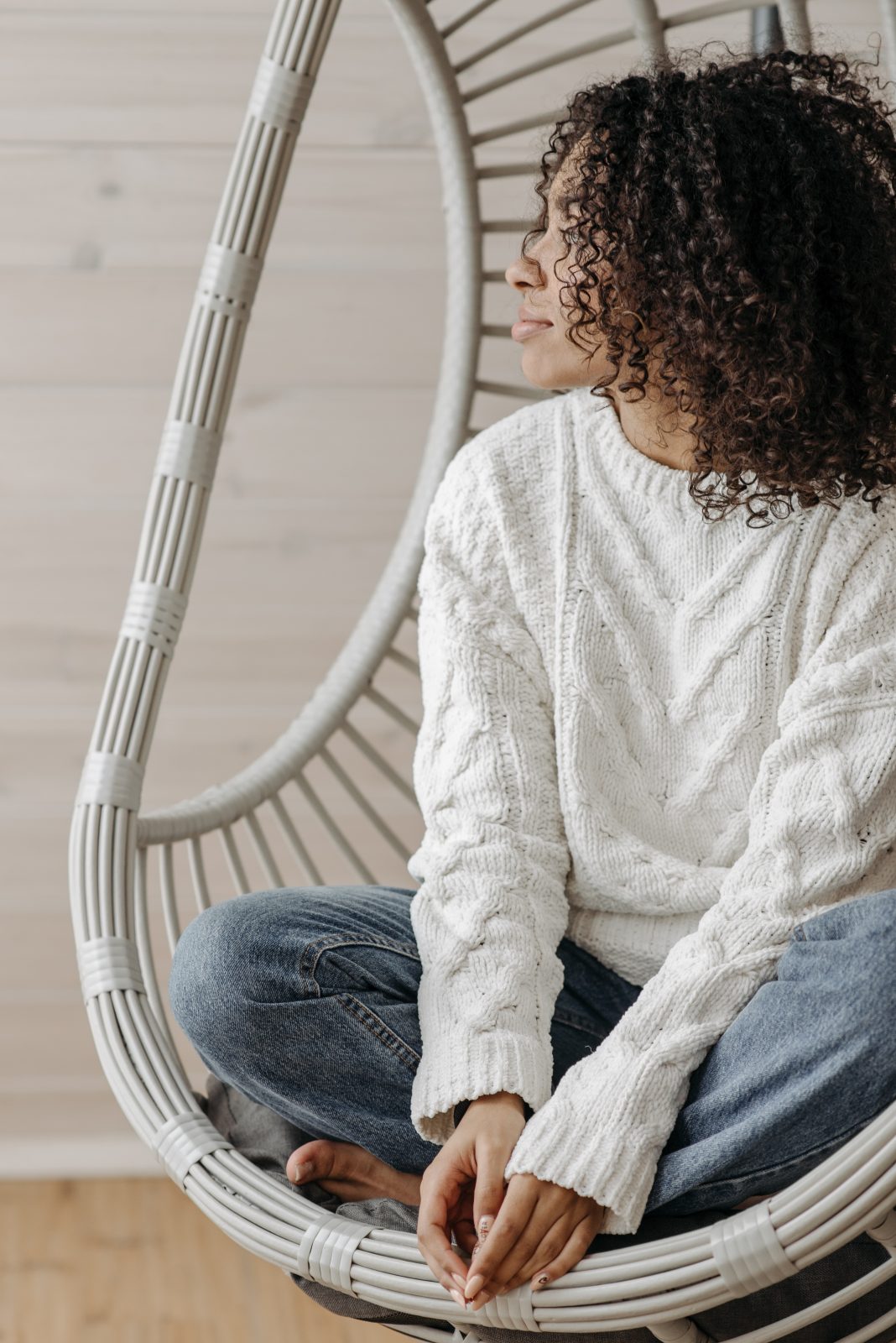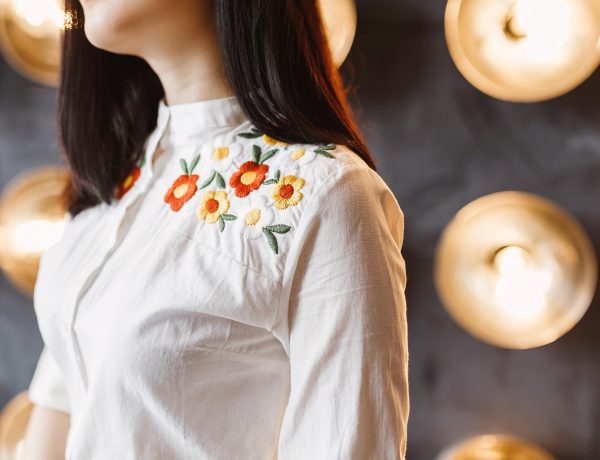Today we want to share 6 photography tips for taking beautiful photos. Photographs can tell more stories than words do. Thanks to photography, people can now take pictures of their memorable events and keep forever. Upon seeing an old photograph, it can take you back to the exact setting, sounds, smells, and feelings of that exact moment. Whether you’re taking pictures from your DSLR camera or smartphone, the moment is what matters. However, a beautifully shot picture makes a huge difference from a bad one.
Photo by on Pexels
Photography is an interesting hobby that anyone can learn. If you’re fascinated with the art of taking photos, learning photography can help you take better pictures. As a beginner, you can start with a smartphone with a good camera, then work your way up to more expensive equipment if you wish to pursue professional photography.
To serve as your head start, here are the top six photography tips for taking beautiful photos:
-
Always Start With The Rule of Thirds
It doesn’t take a professional photographer to know this first tip: use your camera’s gridlines as a guide to enhance your photo’s composition. Once you’ve set the gridlines, you’ll see that the image is broken down into thirds to generate nine equal parts. Using the rule of thirds, you should only put your subject along the intersections of these lines, and never within the squares.
Using the rule of thirds, you can establish balance on your photo and allow the viewer to interact with it organically. This is because a person’s eye will more likely see the intersection points first than the center of the shot.
-
Give What The Scene Needs
Photo by on Pexels
In photography, you’ll never have it figured out right from your first shot, especially if you’re working with different scenes and settings. Indoor and outdoor environments require different photographic techniques and camera settings, that’s why you’ll have to calibrate your camera. Are you shooting in low light? Do you need to take pictures of food? How can you shoot moving vehicles?
Therefore, you can utilize photography cheat sheets found here to find the right camera settings and shooting techniques that each type of scene needs. Using these guides don’t necessarily mean that you’re a bad photographer because this is how you’ll learn better. Even professional photographers carry them around whenever they need help in working with varying settings.
-
Emphasize a Focal Point
You’re taking a picture to show something on the photo, whether it’s a person, pet, tree, or food, but always make sure to focus only on one subject at a time. The focal point of your photo, when seen by the viewers, must be the main point of interest. If you’re struggling with creating focus on your photo, ask yourself―where should my viewers focus their attention to?
If you’re working with one subject and want to explore its nature, filling the frame is a great technique. Other elements found in the negative space of the photo might distract the focus on your subject, ruining the composition. In shooting a portrait, for instance, you can fill the frame with the subject’s face instead of the entire body, making a more professional-looking photograph.
-
Lead Your Viewer’s Eyes
Aside from the rule of thirds, there’s another essential composition technique that photographers swear by: the leading lines. In taking these types of photos, you can take advantage of leading lines to improve your composition. Leading lines are any line shapes and forms that lead the viewer’s eye into the focal point. For example, the leading lines on the road will lead the eyes to the setting of the sun found on the horizon.
Furthermore, the direction of your leading lines can change the mood of your overall composition. Horizontal leading lines reflect calmness and tranquility, while vertical leading lines are more impactful.
-
Lighting Is The Key
Photo by on Pexels
Proper lighting is an essential element of a composition, but many photographers still overlook this aspect. Lighting separates brightness from darkness, and instills the mood and tone of your composition. For every type of photo, you must ensure proper lighting for your camera to capture the details of your composition properly.
Along with arranging a good lighting setup, you should also learn about the principles of light shaping and manipulation, which can be achieved through the use of reflectors and diffusers. Shaping and manipulating the light from a source can help you highlight a subject, control the direction of light, play with colors, cast shadows for a more dramatic look, and more.
-
Invest More On Learning vs. Equipment
Last but not the least, particularly if you’re an amateur photographer, invest your money more on learning than the photography gear and equipment. The biggest mistake that most photographers commit is splurging on expensive camera and photography equipment without having formal learning and practice. While an expensive, premium camera can take better photo quality, you can’t make use of its capabilities if you don’t have a solid understanding of the photography basics.
Takeaways
The secret to taking beautiful photos lies beyond capturing that moment. With the help of these basic photography tips, you can start your journey towards photography, if you wish to pursue one, whether it’s for leisure or career. Once you’ve built your knowledge and experience in taking photos, that’s the time to upgrade your gear to enhance the beauty of your shots.
Read more fashion and photography articles at ClichéMag.com
Images provided by Creative Commons, Flickr, Unsplash, Pexels & Pixabay





